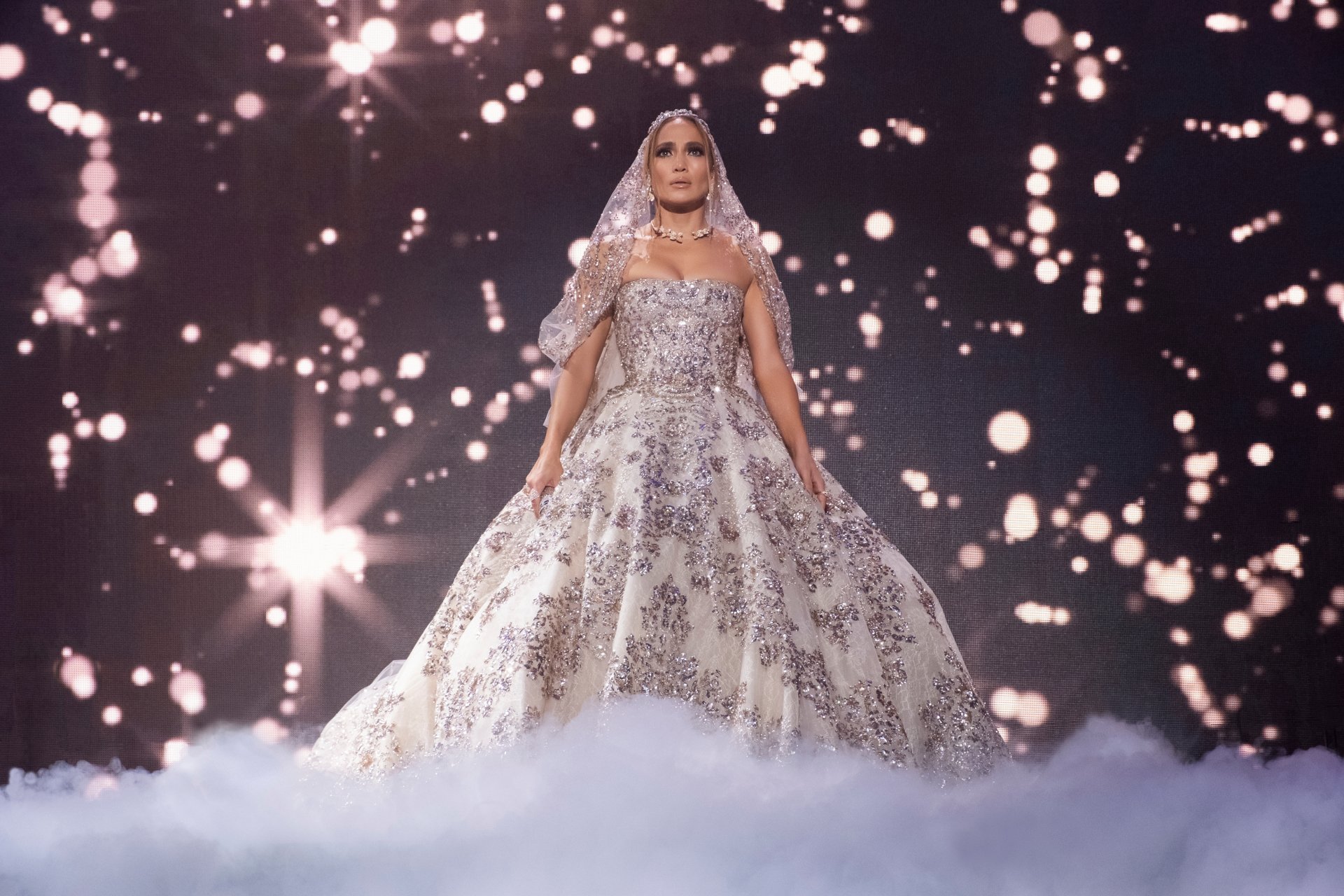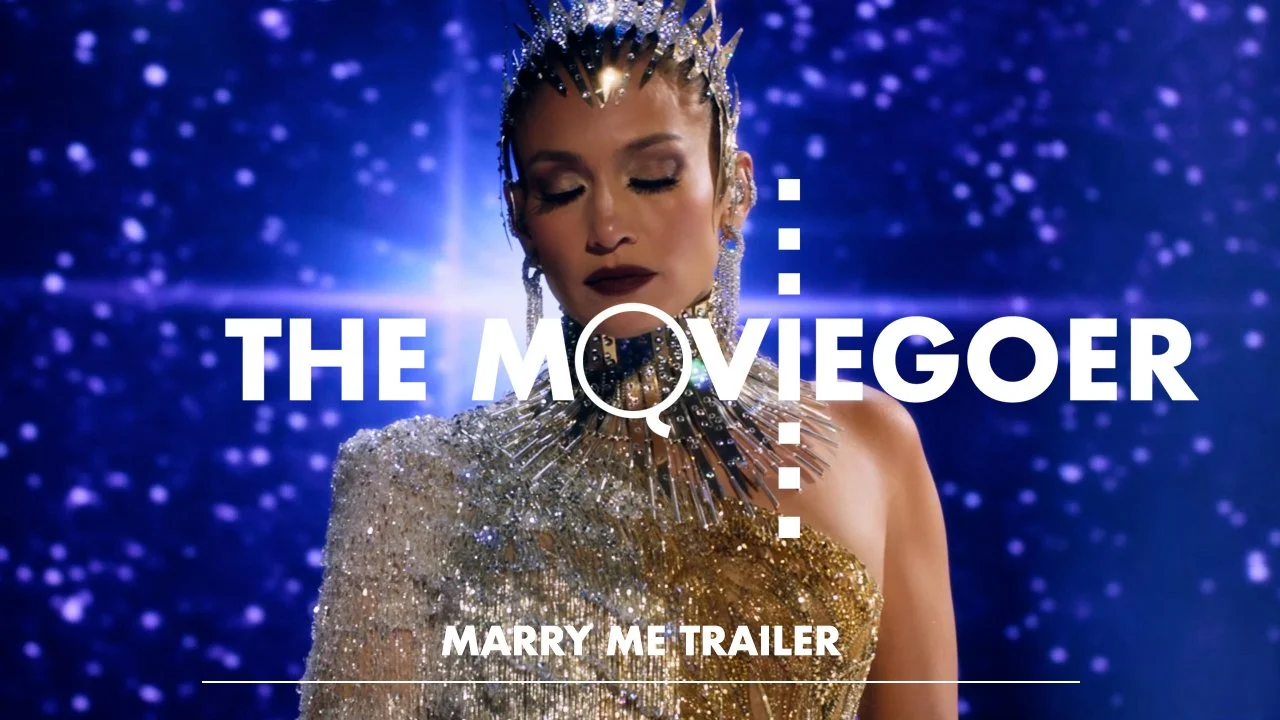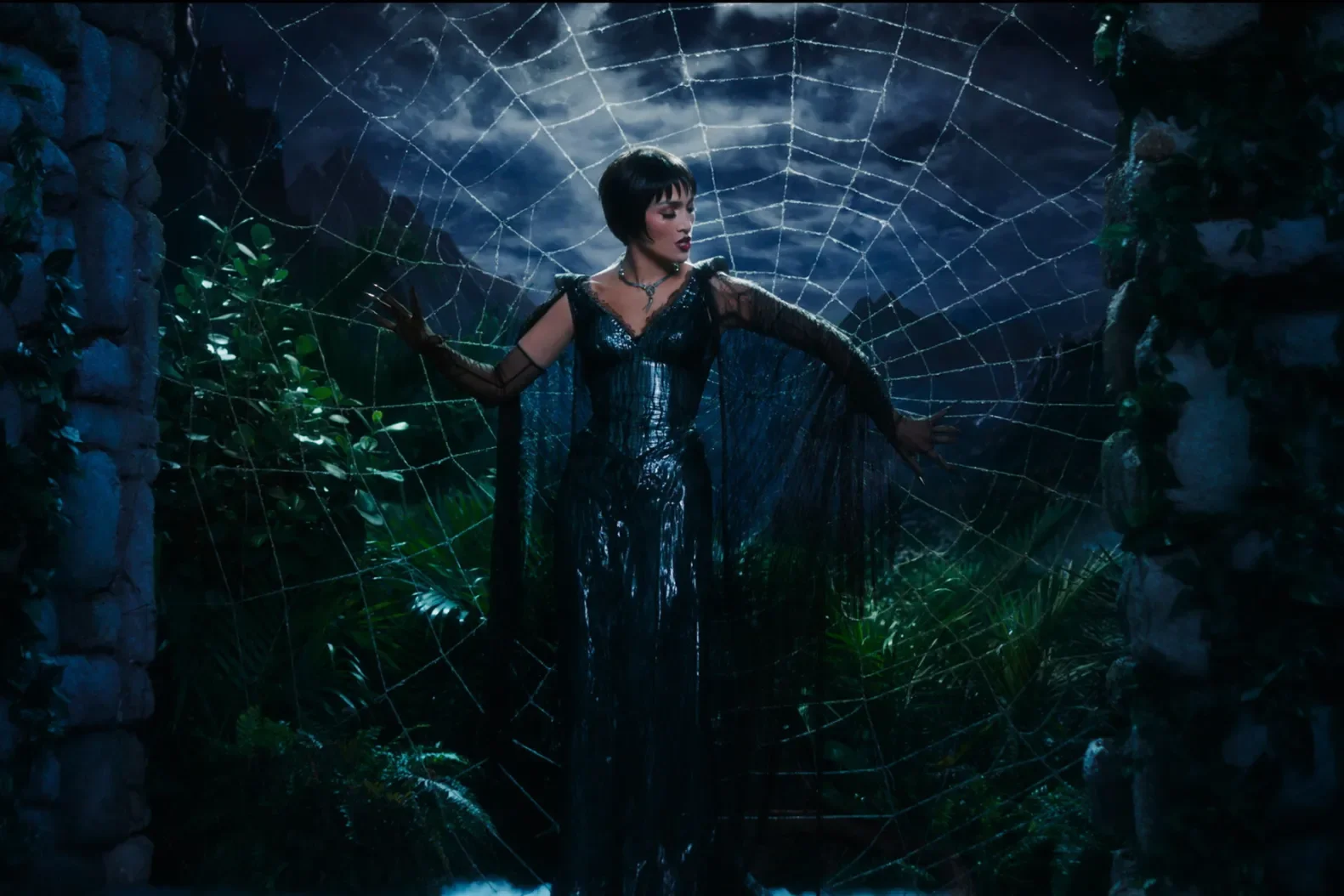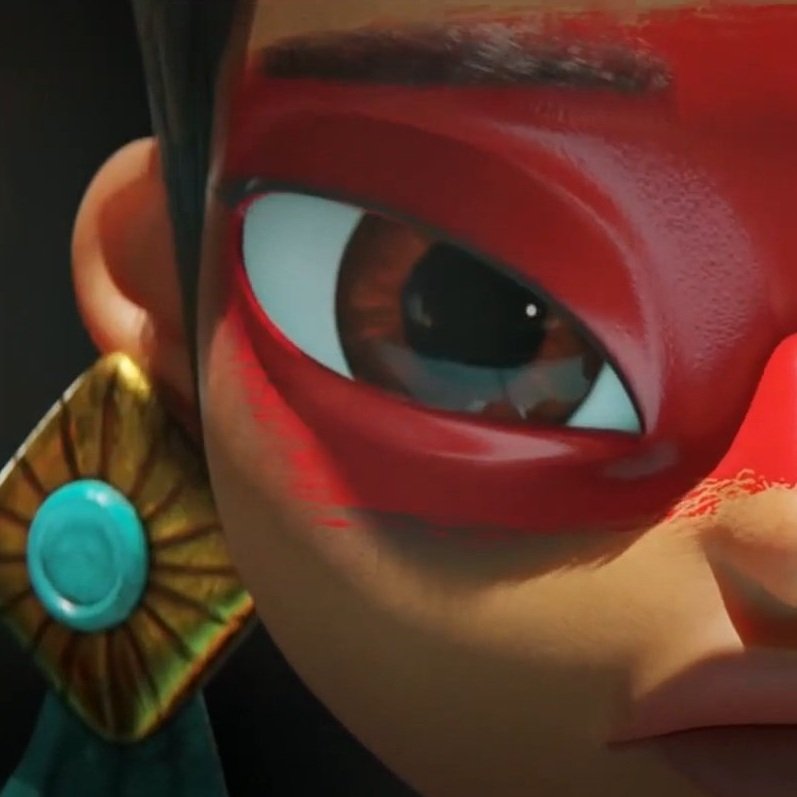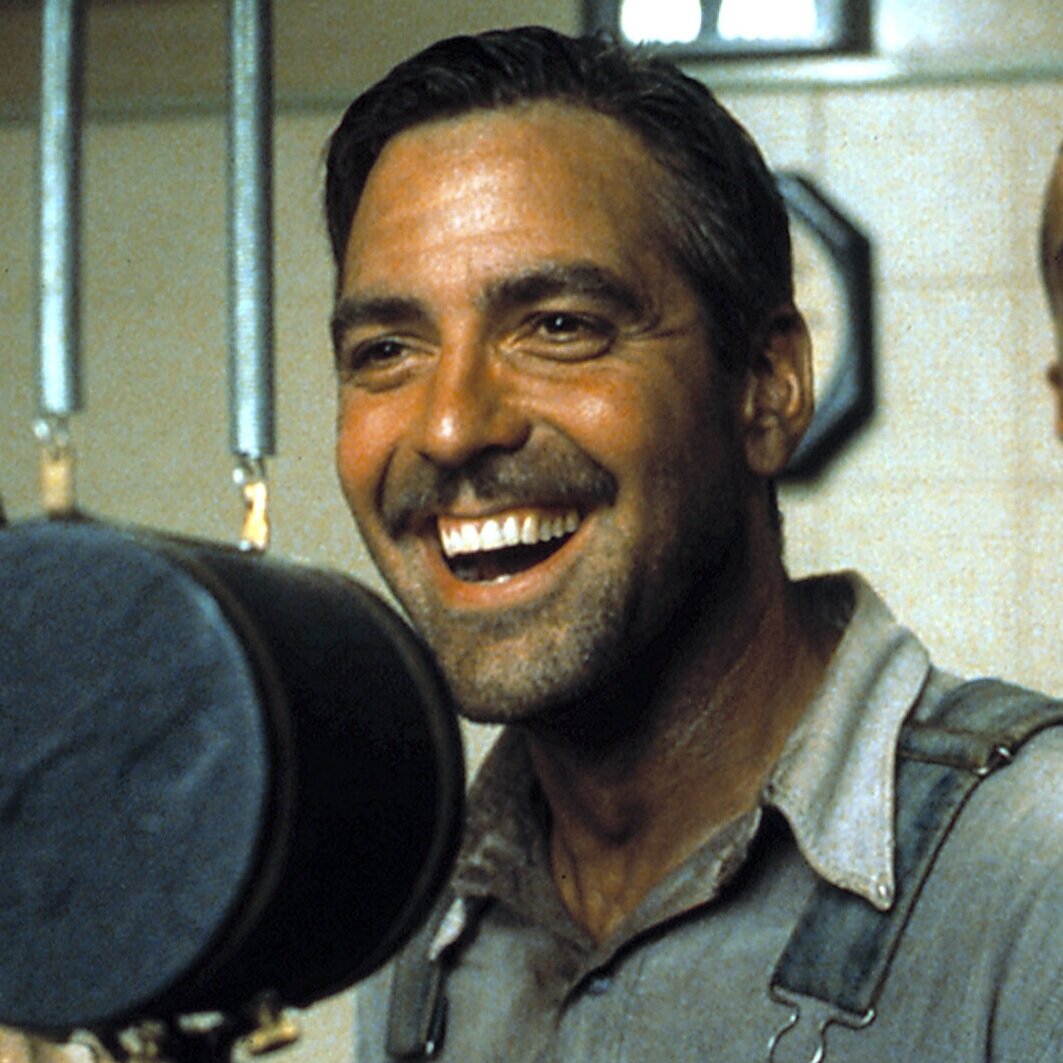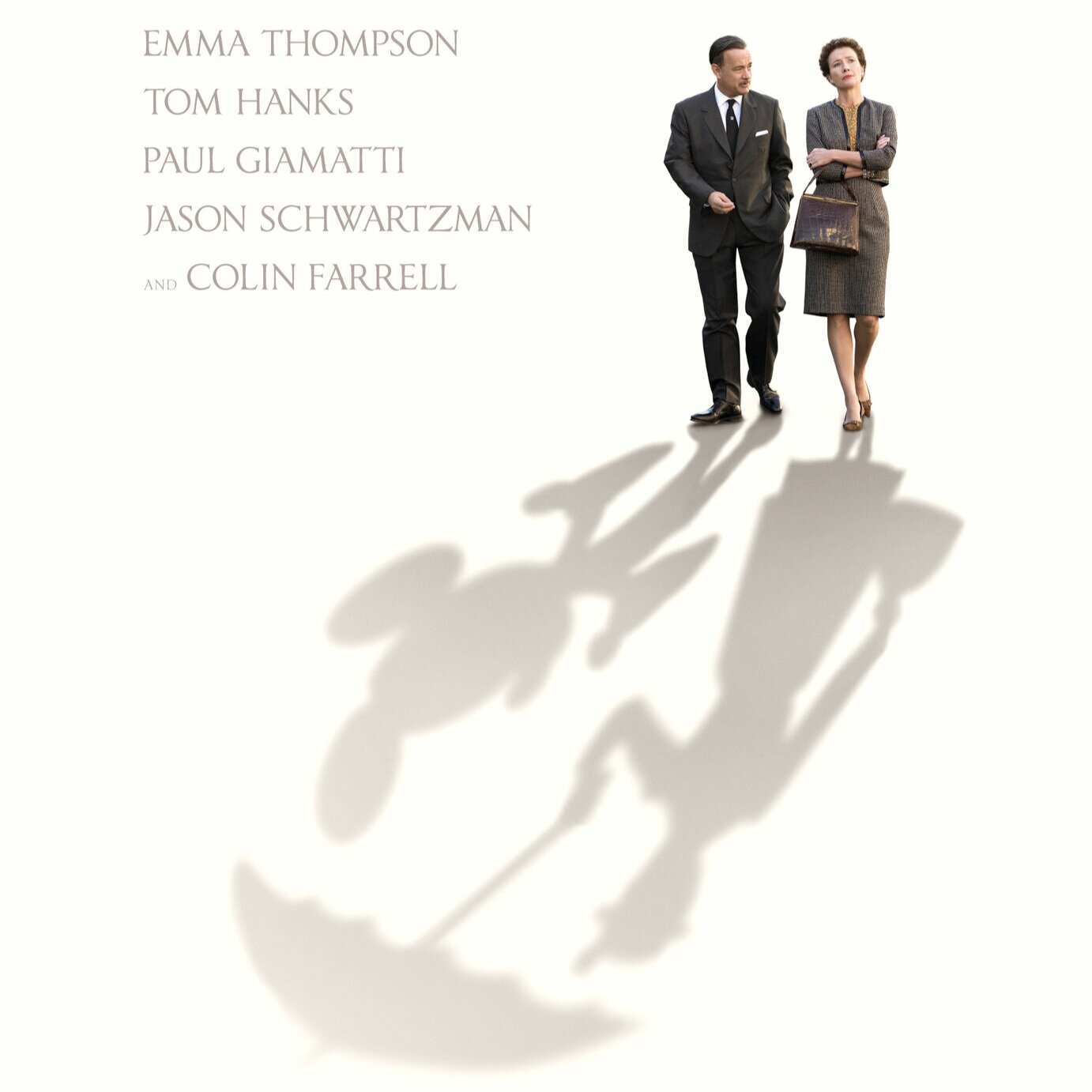Marry Me: When Even Being a World-Famous Popstar Isn’t Enough
Glitzy and glamorous romantic comedies are nothing new; we have repeatedly discussed in lecture how urban settings and upper class characters are a mainstay of the genre. Romantic comedies that feature working women have also become increasingly common since the shift of labor that occurred in the postwar era. But how often have we seen a rom com about a female international music sensation? At first glace, Marry Me (2022), Kat Coiro, seems to bring both glitz and feminism to the next level by featuring a protagonist who is so much more than just an upper-class woman with a career - she is a woman who has conquered the world. Yet a closer analysis of the dialogue, mise-en-scene, and plot of Marry Me reveals that its feminist message is in fact limited in that, despite her tremendous success, the protagonist is still viewed as inherently lacking while her male counterpart is a complete being. This trope, which almost dates back to the birth of the genre itself, threatens to regress societal gains in women’s agency and begs the question of whether or not the romantic comedy can ever entirely break away from its early misogynistic tendencies.
Marry Me opens on a woman who has it all. Kat Valdez (Jennifer Lopez), an international popstar, is getting ready to marry her fiancé Bastian (Maluma), also a popstar, in front of millions of people at a lavish concert-turned-wedding. Her world is turned upside down when news breaks of Bastian’s infidelity moments before their nuptials. Yet in a moment of both empowerment and insanity, Kat chooses a random member of the audience–a math teacher named Charlie (Owen Wilson)–and marries him instead.
One might think that Charlie would thank his lucky stars for this chance marriage to a wealthy, accomplished woman - at least that is what Kat’s assistants assume is the case. Yet not only does he affirm early on that the life in the spotlight is not for him, he also sees Kat’s daily routine, which involves a heavy reliance on assistants, as an indication of her incompetence. Though Charlie could never take on the amount of responsibilities that Kat has in a day, he still chooses to view her entourage not as the tool that ensures her success, but as a reflection of her lack of self-motivation and initiative. He, on the other hand, is the full package: never mind the fact that he had a failed marriage, he clearly sees himself as the perfect dad, the perfect teacher, and the best example of a truly productive member of society.
This dynamic becomes clearest in the scene that takes place the morning after Kat and Charlie spend the night together (which, interestingly enough, they spend at his apartment, indicating his dominance in the situation). While looking at a photograph of Charlie’s mother, Charlie notes that she was “very self-sufficient” and might have “questioned a few things” about Kat. Kat argues that she’s self-sufficient too - in fact, she is described as “self-made” by her assistant in an earlier scene when he tells the tragic story of how she overcame childhood adversity. But Charlie continues to criticize the fact that she has “a lot of people … handling things,” and as much as Kat tries to justify the need to have help, Charlie will not let up. He ultimately challenges her to try living “without cooks, without cleaners, without hair extenders” (the relationship between hair accessories and self-sufficiency being completely nonsensical and an excuse to criticize more about her), all so that she can gain the self-sufficiency he thinks she lacks. Kat accepts the challenge but demands he take on something too, specifically that he “get on social media.”
It should not take too much effort to see past the veil of egalitarianism that masks this two-way challenge. Kat’s side of the agreement is in no way equal to Charlie’s. While she must overcome an inherent lack Charlie sees in her, Charlie must simply add on to himself exactly as he already is. In short, the woman is tasked with making up for her inequities while the man is already complete.
The film blatantly refuses to make Charlie lack anything, to the point where his lived reality is totally unrealistic for the details we are given about him. He lives in a spacious, well-decorated Brooklyn apartment with a full size kitchen, and in this conversation scene between him and Kat, we observe a large, twenty-or-so gallon fish tank behind him that clearly requires ample funds to maintain. As the head of a single income household, and the income of a math teacher at that, it seems entirely unrealistic that Charlie would have such living conditions. In fact, while these metrics are certainly not fixed, current research on the cost of living in Brooklyn shows that it is one of the most expensive New York City boroughs, second to Manhattan alone (“What is the Real Cost?”, Yunghans). What school could Charlie possibly be teaching at that allows him to maintain this lifestyle - and how can I get my teacher friends hired there? The film could have presented a relatable male lead who is struggling to make ends meet while raising his pre-teen daughter. But for Charlie to live a lifestyle truly reflective of his socioeconomic status would mean creating a male protagonist who is somehow incomplete - and generic conventions simply could not allow that.
The idea of men being naturally complete and women having an inherent lack traces back to philosophers and psychoanalysts like Lacan and Freud. Both of these men tie this difference of the sexes to their differing anatomies. As Glitre describes, they adopt a “phallocentric logic” that proposes that since a man’s phallus can be physically seen, he is already in a complete state because “what you see is what you get.” A woman, on the contrary, does not have a visible sexual organ in the same way. This introduces an element of “mystery” to her, and brings philosophers to associate her lack of a phallus with lacking in the full identity and “self-unity” that the man enjoys (Glitre 168-169). A woman’s lack of a phallus also leaves room for “duplicity”, says Freud (Glitre 169). As such, Kat Valdez might show a persona of someone who works hard to be a popstar, but behind that persona is someone who lacks motivation and simply mooches off of the assistance of others.
Indeed, when we watch Kat try to do things on her own, we see her ultimately fail. She fails to purchase her own plane ticket, does not know how to go from the airport to the mathalon where she will reunite with Charlie, and in an earlier scene of the film, she does not even know that a blender needs a lid. However, as mentioned earlier, Kat is described as a self-made woman who overcame single parenthood and parental loss in order to achieve her success. That makes these plot points confusing and unrealistic - has Kat forgotten how to be a person since achieving fame, such that she does not even remember how to use a blender or buy a ticket on an airline’s website? The answer lies in the trope that the film perpetuates: Kat cannot be fully functioning because Kat needs Charlie to rescue her. Nothing displays this more than the closing scene of the film, where she stands at the bottom of the mathalon stage that Charlie is on, holding up a “Marry Me” sign. When she had initially married him at the concert, it was Kat standing on a stage and Charlie at the base of it. But when the marriage is real and not just for publicity, she must be placed in the inferior position.
Marry Me’s message of female dependency and inherent lack is not only problematic in its own right, but does a disservice to public conversation around working women. It takes a bold premise–that of a female superstar who seemingly has it all–and turns it on its head to show that no matter her success, she will always lack something in the eyes of the men in her life. In a world that continues to undermine successful women and search for reasons to doubt them (Griffith), it is imperative for media and entertainment to do its part to change this narrative. There are Kats around the world who are waiting for their Charlies - but only if those Charlies will recognize their successes and view them as whole people.
Popular Reviews

